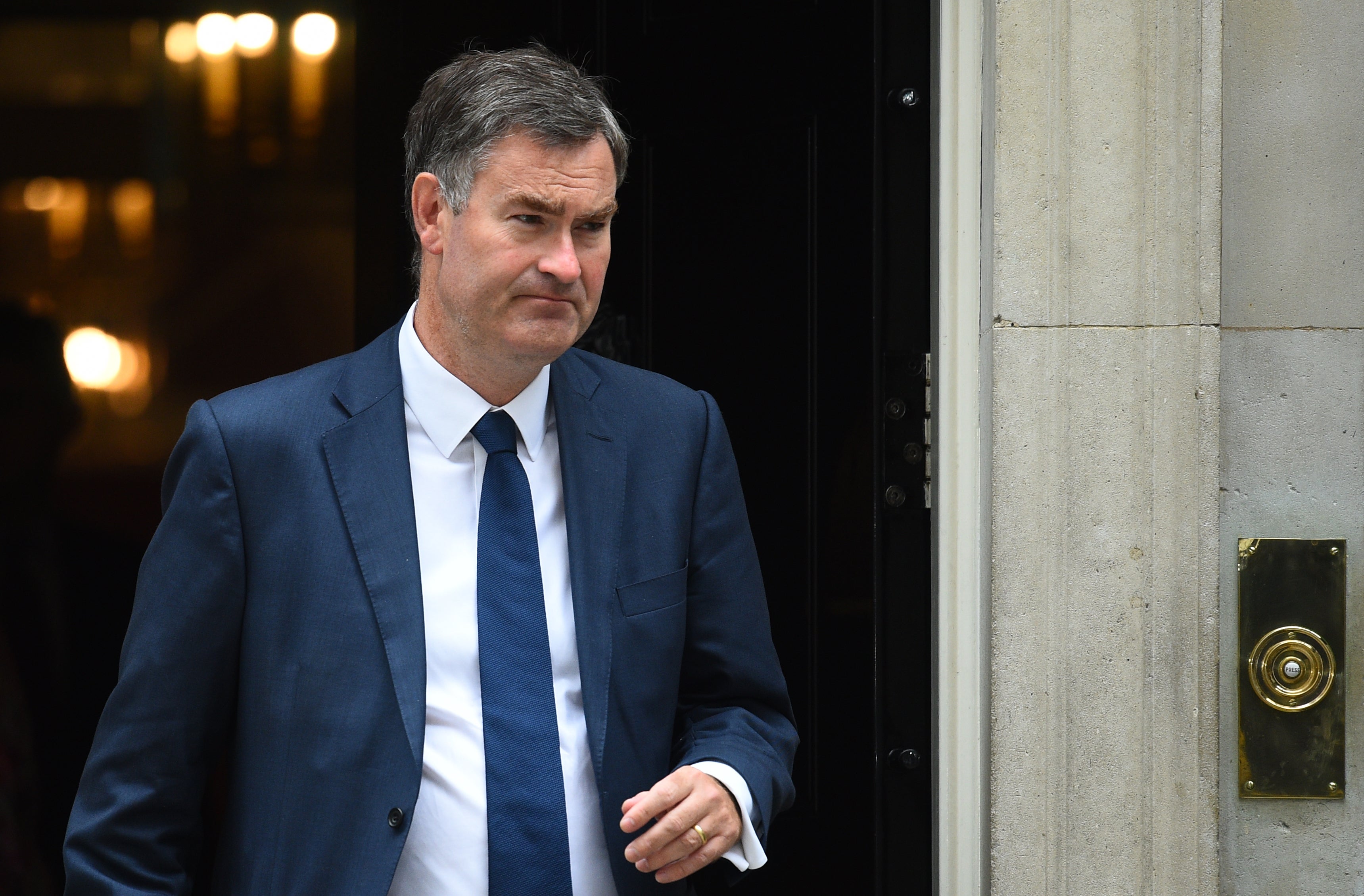Recalled prisoners will be released after 28 days under emergency measures to free up 1,400 prison places, the justice secretary has announced.
Shabana Mahmood warned Britain’s prisons are at 99 per cent capacity and the UK is due to run out of places in five months, which would result in the “total breakdown of law and order”.
Unveiling fresh measures to reduce the soaring inmate population recalled to custody for breaching their licence conditions, she said offenders serving sentences of between one and four years will only be returned to prison for a fixed, 28-day period.
This includes those recalled for further crimes, apart from those who commit a serious offence. Certain sexual offenders, violent criminals and serious domestic abusers will also be excluded, as they are already subject to enhanced risk management with police, prisons and probation services.
Ms Mahmood also announced the Ministry of Justice had received treasury funding of £4.7bn for three new prisons as part of a “record prison expansion”.
The cash will see officials break ground on a site near HMP Gartree in Leicestershire later this year, while plans are underway for new prisons near HMP Grendon, in Buckinghamshire, and HMP Garth, in Lancashire. Other cells will also be added at existing prisons.

However, she admitted we “cannot build our way out of this crisis”, adding the prison population is increasing by 3,000 each year – the equivalent of two entire prisons.
Shadow justice secretary Robert Jenrick accused the government of removing an “important deterrent”, adding that a fixed-term recall of 28 days is “pitiful”.
She said the impact of David Gauke’s sentencing review, which is expected to overhaul the justice system with recommendations for shorter jail terms and increased use of community punishments, will not be felt until spring next year.
Despite already releasing at least 16,231 inmates after serving just 40 per cent of their sentence to ease overcrowding, she said the additional measures are needed to “buy us the time we need”.
Addressing journalists on Wednesday, Ms Mahmood warned: “The consequences of failing to act are unthinkable, but they must be understood.
“If our prisons overflow, courts cancel trials, police halt their arrests, crime goes unpunished, and we reach a total breakdown of law and order.”
The prison population in England and Wales stands at 88,087, according to the latest weekly figures. This is 434 below the last peak of 88,521 inmates on 6 September last year.
Amy Rees, the MoJ’s interim permanent secretary, said running prisons so close to capacity creates “escalating problems”, including increased violence and less time for work and education to prevent reoffending.
The government is already reliant on a number of police cells to temporarily hold offenders under measures called Operation Safeguard.
“If capacity gets even tighter, as an exceptional measure we would activate ‘Operation Early Dawn’,” Ms Rees added.
“This means we convene a team at 5.30am every day to track each individual potentially coming into custody so that we can make sure there will be a space available for them.”
Early Dawn was last activated between 19 August and 9 September last year – however, in recent weeks, the government has come close to activating it once again, she said.
“If Operation Early Dawn is unable to manage the flow of prisoners, the situation becomes intolerable,” she warned. “We would, at this stage, see the managed breakdown of the criminal justice system.
“Police holding cells would be full, and the police would be faced with being unable to make arrests. Courts would need to consider bail for offenders they would normally consider dangerous enough to remand to prison.”

Mr Gauke’s sentencing review is due to be published in the coming weeks. He is expected to recommend major changes to ease overcrowding, including shorter sentences, early parole for good behaviour and tougher punishments outside of prison.
Ms Mahmood said she would not “not get ahead of their recommendations”, but added: “The sentencing review must ensure there is always space in prison for dangerous offenders.
“To achieve this, the panel will have to recommend a reduction in the length of some custodial sentences and an expansion of prison outside prison, for those offenders who can be managed in the community.”
Responding to the announcement, Andrea Coomber KC, chief executive of the Howard League for Penal Reform, said the measures will “buy ministers a little more time”.
“The sentencing review, which is due to report soon, is a chance to lay the foundations for a lasting solution to this mess – but there is no time to lose, and only bold reform will do,” she added.
“Without a major reduction in the number of people sentenced to custody, we will see many more gloomy press conferences and the cold reality that this is a public service lurching from crisis to crisis.”
Mark Fairhurst, the chair of the Prison Officers’ Association (POA), said building new prisons will not improve the crisis, adding: “The government would be better off spending billions of taxpayers’ money on modernising the prison estate, funding an under-resourced probation service, providing more secure mental health beds and ensuring we have robust community sentences that the public have confidence in.”




